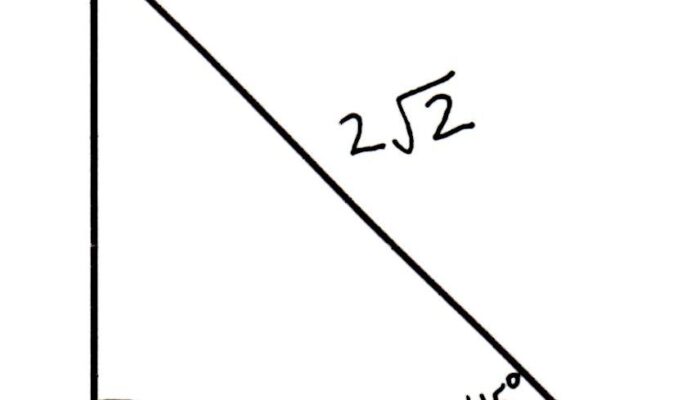The stoppage was out of favour and costly failing. It injured the American economic situation far more than the British or French and resulted in prevalent contraband. Exports fell from $108 million in 1807 to simply $22 million in 1808. Ranch costs dropped significantly. Carriers likewise endured. Harbours loaded with idle ships, as well as almost 30,000 sailors, found themselves unemployed.
Embargo Act Of 1807
In a hopeless attempt to avoid war, the United States imposed an embargo on the foreign profession. Jefferson related to the stoppage as an ideological experiment– a moral option to fight. He thought that the financial threat would certainly encourage Britain and France to respect America’s neutral legal rights.
Jefferson believed that Americans would undoubtedly accept the stoppage out of a feeling of nationalism. Instead, contraband prospered, especially with Canada. Jefferson took actions that infringed on his most treasured principles: individual liberties and opposition to a stable central government to enforce the embargo. He set in motion the military and a navy to apply the blockade. He proclaimed the Lake Champlain region of New York, along the Canadian border, in a state of insurrection.
What Was The Embargo Act & Its Impact
Financially, the stoppage devastated American shipping exports and set you back the American economic situation regarding 8 per cent in the lowered gross nationwide product in 1807. With the backup in place, American exports decreased by 75%, and imports fell by 50%– the act did not get rid of trade and cohabitants. Before the stoppage, exports to the United States reached $108 million. One year later on, they were just over $22 million.
Yet Britain and France secured the Napoleonic Wars and were not significantly harmed by the loss of trade with Americans. So the embargo planned to punish Europe’s most significant powers instead negatively affected regular Americans.
However, the Unions of western states were relatively unaffected, as they had little to trade, struck other parts of the nation hard. Cotton producers in the South lost their British market completely. Vendors in New England were the hardest hit. Discontent was so prevalent that there was a challenging talk by neighbourhood politicians of withdrawing from the Union, decades before the Retraction Dilemma or the Civil War.
Presidency of Jefferson
Another impact of the embargo act is smuggling raised throughout the border with Canada. And contraband by ship also became prevalent. So the legislation was both ineffective and also challenging to apply. A lot of those weaknesses were attended to by several modifications and brand-new acts created by Jefferson’s Secretary of the Treasury Albert Gallatin (1769– 1849), gone by Congress, as well as signed right into law by the president: however, the president himself discontinued energetic assistance on his very own after signifying his choice to not seek a third term in the workplace in December 1807.
Not just would the stoppage taint Jefferson’s presidency, making him relatively unpopular by its end, but the financial results likewise didn’t fully reverse themselves till completion of the War of 1812.
In The End
Napoleon confiscated this brand-new policy to entangle the United States in his war with Britain. He introduced an abolition of all French limitations on American trade. Although France continued to seize American ships and also freights, President Madison, snapped at the lure. In early 1811, he cut off work with Britain and also recalled the American minister.
For 19 months, the British do without American trade. Food lacks, installing joblessness, and enhancing inventories of unsold produced items finally persuaded Britain to end their restrictions on American business. However, the choice came too late. On June 1, 1812, Head of state Madison asked Congress for a statement of war. A divided Home, as well as Senate, agreed. Your house voted to state war on Britain by a vote of 79 to 49; the Senate by a ballot of 19 to 13.




